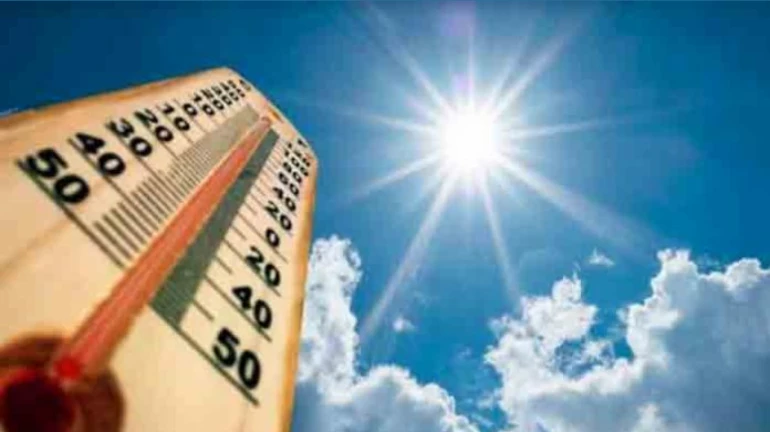
With Mumbai's border extending directly to Badlapur, Virar and Khopoli, the distance between home and work has increased, thus eating out has become inevitable. According to a survey conducted by Zyanova Shalby Hospital in Mumbai, eating out in summer has been shown to increase the risk of stomach ailments as well as kidney ailments.
Explaining summer diseases Dr Chetan Velani, an internal medicine specialist and physician from Zynova Shalby Hospital, said, “While walking around for work, we often see loose Ice on the sidewalk covered with sacks, but this is the same ice we consume in different syrups and foods. However, citizens have no idea whether the quality of this ice has been checked or not. Hepatitis A and E are more common in rains, but there is a spike in viral diarrhoea in the last 2 weeks."
Velani added, "One should take extra care while eating outside food in summer especially Juice, lassi, buttermilk, Pani puri, milk products. Salmonella bacteria infection is a major food-borne illness that one can get by eating at unhygienic places. This infection can lead to symptoms such as nausea, vomiting and diarrhoea along with fever. One is also susceptible to other bacterial and viral infections such as rotavirus by eating street food."
"Consumption of this impure ice can lead to diseases like typhoid, cholera, food poisoning, metal poisoning, amoeba, vomiting, jaundice, diarrhoea, diarrhoea. Most street foods are prepared in the open where there is a chance of contamination of the food with dirty water. It is very common to see street-food stalls located near open drains, so there is a high chance of contamination with drain water containing faecal matter. Moreover, the water used for preparing street food favourites is likely to be contaminated, and there is a chance of contracting water-borne diseases like cholera and typhoid in this way," cautioned Velani.
"In summer, sweating increases and water levels in the body decrease. Since the kidneys are responsible for maintaining the balance of water, it has an adverse effect on the organs. From March to the end of June, the incidence of kidney stones increased by 30 to 40 per cent. Water is the most beneficial beverage to prevent kidney stones. Drinking 8-10 glasses of water throughout the day helps in the excretion of sugar, sodium and other beverages from the kidneys, which reduces the incidence of kidney stones," remarked Velani.





